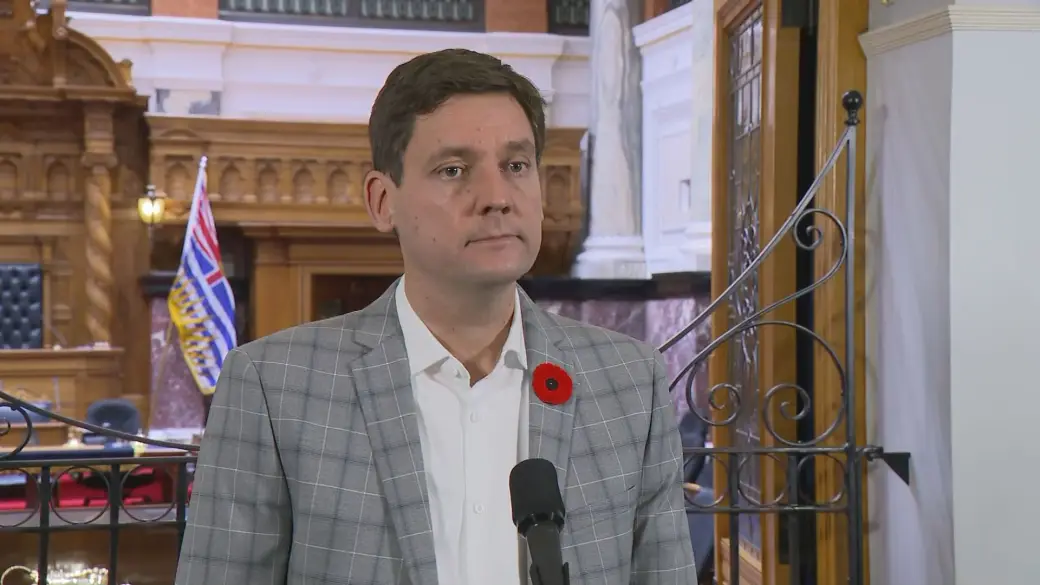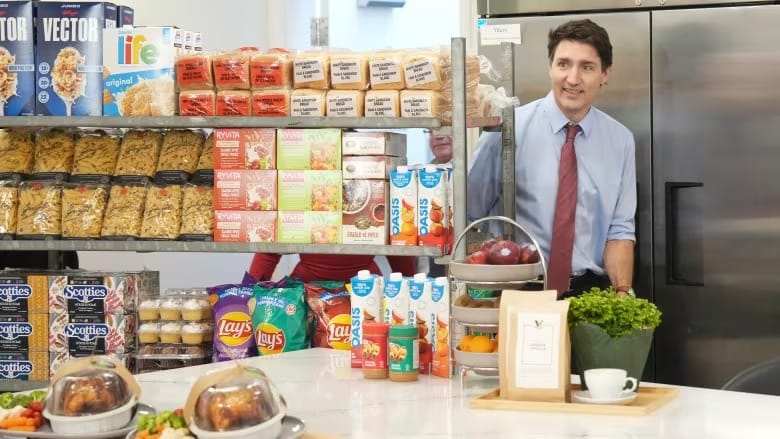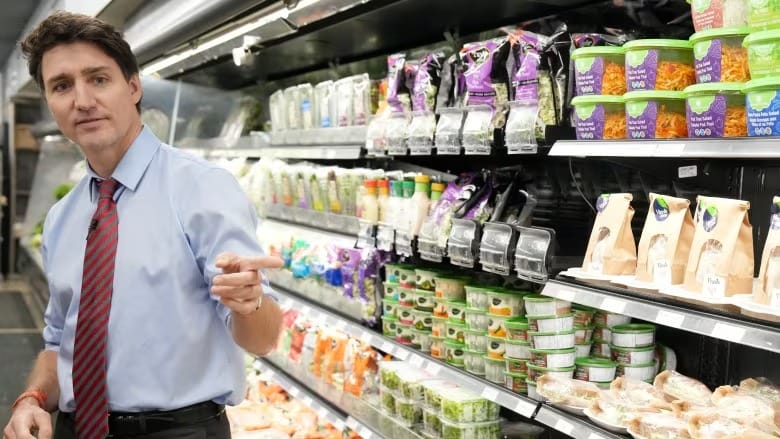Who will be speaker of the legislature amid razor-thin BC NDP majority government?
In a majority government, picking a speaker is usually a formality, with the governing party often choosing one of its own members to do the job.

Following the conclusion of British Columbia’s historically close election, Premier David Eby stated on Tuesday that he aims to reconvene the legislature before the year ends.
A key task for returning Members of the Legislative Assembly (MLAs) will be to elect a speaker of the legislature, who is responsible for upholding parliamentary rules and ensuring the legislative body operates effectively.
In a majority government, selecting a speaker is typically a straightforward process, with the ruling party often choosing one of its own members for the position. However, Eby’s NDP secured a slim majority of 47 seats, which means that if one of their own MLAs were to serve as speaker, they would lack a crucial vote needed to pass legislation. While the speaker can vote to break ties, convention dictates that they only do so to maintain the status quo.
This situation prompts the NDP to look to the opposition for a candidate, fueling speculation about potential nominees.
“The conversations that are taking place, with MLAs in the legislature, are underway; our goal is to work with any MLA that wants to ensure this place works for British Columbians, focusing on the priorities I laid out: cost of living, housing, health care,” Eby remarked. “We’re meeting with the Greens today. We’re going to continue those discussions with them.”
The BC Greens have elected two MLAs and have a platform that aligns more closely with the NDP compared to the Conservatives.
However, Eby also left the door open for the more intriguing possibility of a BC Conservative serving as speaker. “The invitation is open to all MLAs,” Eby said. “If you’re committed to these issues and to ensuring that this province remains welcoming to everyone and fights against racism and hatred, then I’m happy to work with you.”
This statement appeared aimed at MLAs from the more moderate faction of the BC Conservative Party, particularly after racist and Islamophobic remarks from Conservative candidates became a significant issue during the election. BC Conservative Leader John Rustad dampened that prospect at his own press conference, indicating that he was aware of Eby “calling around” to the new Conservative caucus.
“If David Eby wants to call me and discuss moving forward with significant parts of our agenda, maybe we can have a conversation,” he said. “But at this stage, I would not be considering one of our members as speaker to support the agenda he ran on.”
At least one former BC United MLA turned Conservative has publicly declined the position. Ian Paton stated on social media that while he was “honoured” to be mentioned in discussions, he remains focused on “advocating for the people of Delta South and representing the interests of farmers and ranchers in Victoria.” He added, “Following convention, it is the responsibility of the party intending to form government to propose its own candidate for the role of Speaker.”
Although the competition between the NDP and the Conservatives was intense and often contentious, there is a recent precedent in B.C. of an opposition MLA accepting the speaker’s role to keep a divided legislature functioning. After the NDP formed a minority government with Green support in 2017, Abbotsford South Liberal MLA Darryl Plecas agreed to take the position, even though his party had won more seats than the NDP. He was later expelled from the party and served the remainder of his term as an independent.
The speaker’s role may also be attractive to opposition MLAs for financial reasons, as it comes with an additional salary of $59,766 per year. Eby has not yet established a timeline for the legislature's return, noting that Elections BC must first complete its judicial recounts in two closely contested ridings.





